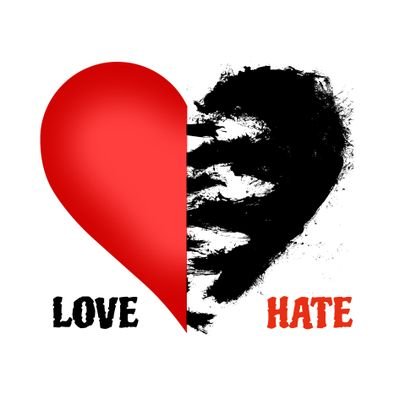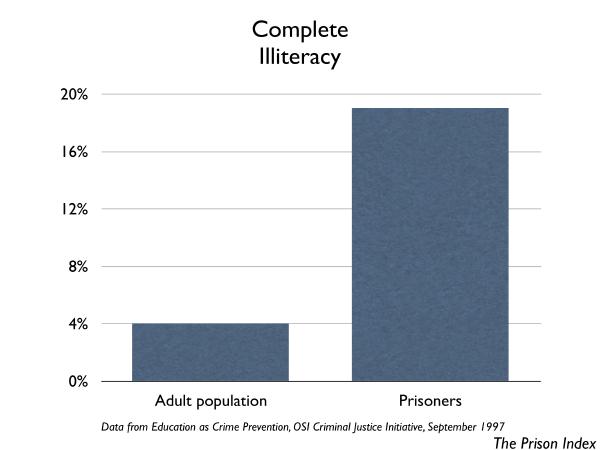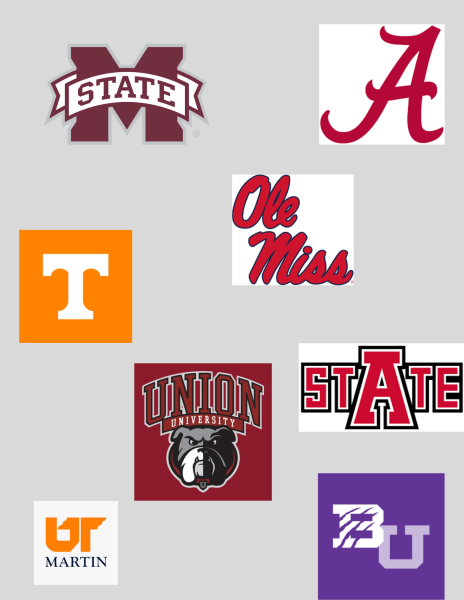The Seal of Confession

December 9, 2022
Religious Freedom… What does it mean to you? Is it the freedom to practice whatever religious ideology you find comforting? Or maybe your freedom to not be forced into a religion you wish not to be a part of? Either way, in America every citizen is guaranteed through the first amendment that the government will have no say in this matter. “Congress shall make no law respecting an establishment of religion, or prohibiting the free exercise thereof…” (U.S Constitution). But, at what point does the government need to step in? According to most worshippers, never. Yet, there has been controversy in recent years regarding this idea of intervention revolving specifically around a certain extremely well-known religion.
Several weeks of research have informed me with some knowledge regarding these conflicts. Roman Catholicism has many different rules and teachings. There is an entire hierarchy of power within this church. Jobs and officials such as (in no particular order): Nuns, Priests, Liturgists, Sacramental Moderators, Catechists, Deacons, Bishops, Archbishops, Cardinals, and the Pope. Each of these positions in the church has a specific job and duty. But how do all these roles have an affect on the recent controversy? Well, in Catholicism, practitioners are required to perform several different activities. One of these activities is the confession of sin to a Priest.
Confession in the Catholic church is deliberately simple. All you have to do is go to an open confession session or schedule one with a priest. The process is simple, you enter the confession box, state your pledge to the cross, and tell the priest how long it has been since your last confession. After this, you must confess all vineal sins. Then, the priest will accept your confession and advise you to the best of his ability according to God’s will. But herein comes the controversial part: the priest’s Seal of Confession.
The Seal of Confession is a rule all Priests must follow. It forbids any of the content of a confession, from the person’s identity, the confession— or timespan of the confession — from being shared with anyone else. Unless otherwise stated by the confessor, the priest cannot share any of the information no matter how dire or criminal it may be. In recent events, governments have taken issue with this secrecy due to how some crimes could potentially be solved with a priest’s testimony.
All in all, controversy has arisen due to priests’ refusal to act whenever they receive this incriminating confession. The controversy spans worldwide and seems to not be going away any time soon. Till next time.











